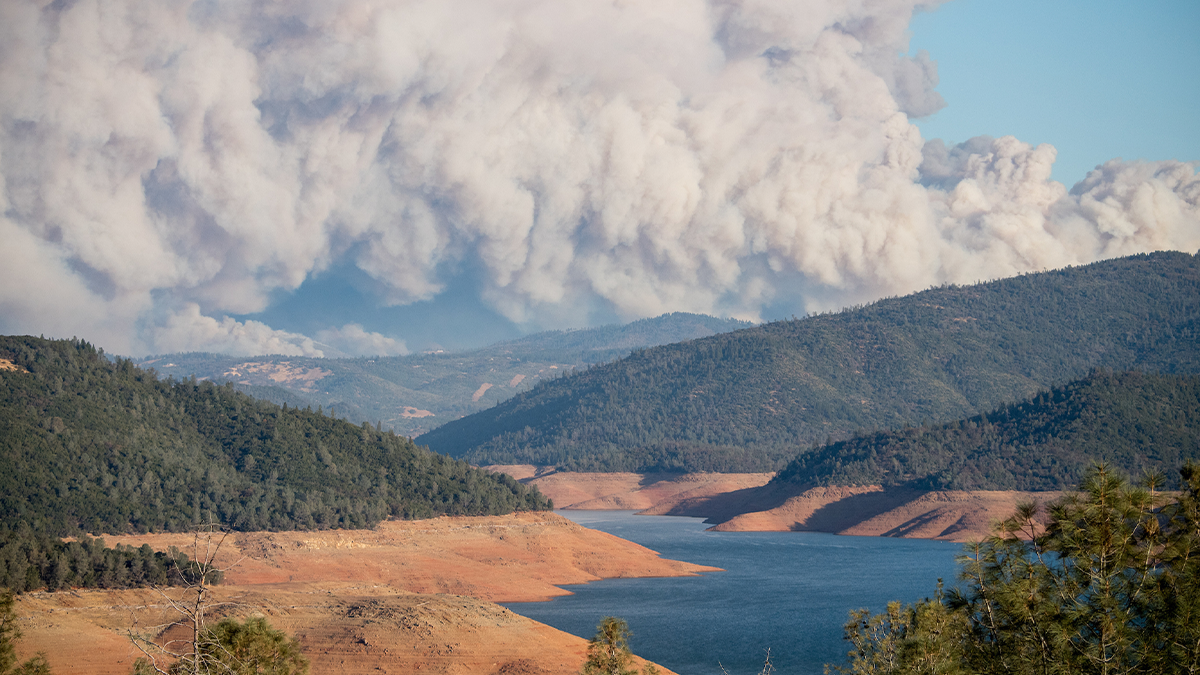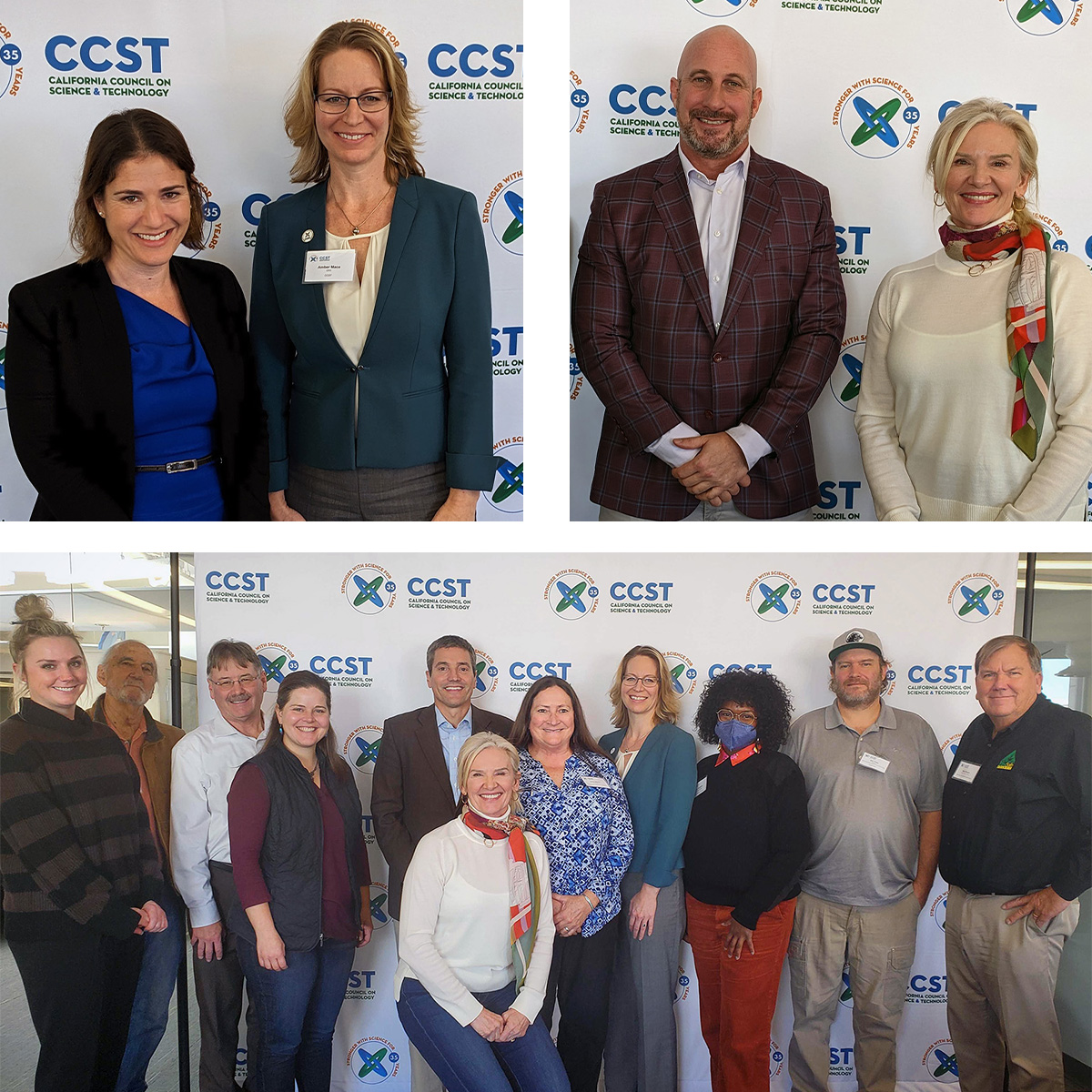California Policy Leaders Provide Insights to Wildland Fire Commission

California has seen historic and catastrophic wildfires in the past several years. But it would be a mistake to assume the impacts of these wildfires are contained by California’s borders.
It’s known from existing research that wildfires in one area can have public health impacts far from the source.
The wildfires in California and throughout Western North America have brought into sharp focus the need for local, interstate, and federal partnerships—building on lessons learned and providing support toward an equitable wildfire prevention, management, suppression, and recovery strategy.
Now, California’s leaders are getting a chance to inform the work of the congressional Wildland Fire Mitigation and Management Commission—tasked with providing federal policy recommendations and strategies to Congress on ways to better prevent, manage, suppress, and recover from wildfires.
In partnership with the Federation of American Scientists (FAS), the California Council on Science and Technology (CCST) brought together policymakers and leaders for a wildfire roundtable with the California-affiliated members of the commission.
CCST’s roundtable fostered a two-way conversation between commission members and policymakers to discuss the groundbreaking work being done in California to address the wildfire crisis. The roundtable included perspectives from the California Department of Insurance, the California Air Resources Board, California Natural Resources Agency Secretary Wade Crowfoot, and the California State Legislature, including Assemblymembers Rebecca Bauer-Kahan and Heath Flora, who is a longtime volunteer firefighter.

The wildfire roundtable is part of a broader effort by FAS to support the work of the commission, including a Wildland Fire Policy Accelerator to solicit policy proposals and recommendations to improve how we live with fire—a collaboration between FAS, CCST, Conservation X Labs, and COMPASS. (A full list of recommendations from the Accelerator program will soon be submitted to the Commission and released publicly.)
Roundtable participants spoke of their policy priorities related to wildfires, and highlighted barriers and/or opportunities for improved federal and state partnership on the groundbreaking work occurring in California.
“In recent years, wildfire catastrophes have caused unimaginable destruction, harm, and loss of life in California,” said CCST CEO Amber Mace, who moderated the conversations. “Conversations like these that bring together leaders to share lessons learned help us chart a wildfire resilient future for California and the country.”
“Our collaborative work has helped activate diverse expertise on wildland fire, ” said Erica Goldman, Director of Science Policy at FAS. “These efforts have encouraged a broader swath of scientists, technologists, and Indigenous knowledge holders to engage in providing actionable and substantive input to the Commission’s work.”
CCST has provided in-depth work on wildfire issues, including an Expert Briefing series on wildfire, the 2020 peer-reviewed report The Costs of Wildfires in California, and the upcoming study on the links between forest health, wildfire smoke, and public health, expected to be published in September 2023.
The CCST wildfire roundtable was supported by funding from the Federation of American Scientists and the Gordon and Betty Moore Foundation.
About the California Council on Science and Technology
The California Council on Science and Technology is a nonpartisan, nonprofit organization established via the California State Legislature — making California’s policies stronger with science and technology since 1988. We engage leading experts in science and technology to advise State policymakers — ensuring that California policy is strengthened and informed by scientific knowledge, research, and innovation.
FAS is launching the Center for Regulatory Ingenuity (CRI) to build a new, transpartisan vision of government that works – that has the capacity to achieve ambitious goals while adeptly responding to people’s basic needs.
This runs counter to public opinion: 4 in 5 of all Americans, across party lines, want to see the government take stronger climate action.
Cities need to rapidly become compact, efficient, electrified, and nature‑rich urban ecosystems where we take better care of each other and avoid locking in more sprawl and fossil‑fuel dependence.
Hurricanes cause around 24 deaths per storm – but the longer-term consequences kill thousands more. With extreme weather events becoming ever-more common, there is a national and moral imperative to rethink not just who responds to disasters, but for how long and to what end.